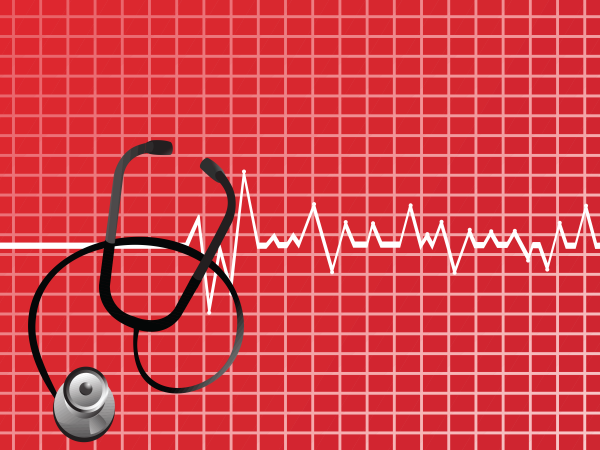Disclosure of Material Connection: I have not received any compensation for writing this post. I have no material connection to the brands, products, or services that I have mentioned. I am disclosing this in accordance with the Federal Trade Commission's 16 CFR, Part 255: "Guides Concerning the Use of Endorsements and Testimonials in Advertising."
Can Prostate Cancer Be Prevented?
Guest Post by Dudley Seth Danoff, MD, FACS
Prostate cancer is one of the most serious health problems in the global community. It is the most common male malignancy and has touched almost every family. Recently, the rate of prostate cancer among men caught up to that of lung cancer. More than two hundred thousand cases are detected each year in the United States alone. About one in every six men in the United States will develop the disease during his lifetime.
In the last thirty years, there has been a dramatic increase in the number of cases of prostate cancer detected each year. This is due to the rising median age of our population, as well as our ability to detect the tumor at an earlier and more curable stage. With the PSA (prostatic specific antigen) blood-screening test, transrectal prostate ultrasonography, and heightened public awareness, the increase in the number of cases is being met with an increase in effective treatment.
With this dramatic increase in incidence, it’s understandable to want to ask the question, how can I prevent prostate cancer? The truth is, you cannot actually prevent prostate cancer—not by diet or activity, nor even by picking your parents wisely. We must turn to early diagnosis to beat the deadly potential of this disease. Many patients live long and productive lives with prostate cancer. With a thorough examination, the ability to make a timely diagnosis is nearly 100 percent. If the diagnosis is made early enough to allow the maximum effective treatment, life after prostate cancer surgery or other treatment can be rich and rewarding, allowing a man to be continent, sexually active, and vigorous in all areas of his life. A similar situation exists for other cancers in the genitourinary tract, including testicular cancer.
So, what can you do? The best course of action is to educate yourself. Patient awareness allows you to assume a proactive and participatory role in the treatment process. Part of educating yourself is getting your yearly PSA test and digital rectal examination. Published data has shown that screening using the PSA blood test in conjunction with a standard, digital rectal examination doubles the detection rate of early prostate cancer. If you are male and over the age of 40, a PSA test and a digital rectal exam are recommended annually.
If prostate cancer runs in your family or you’re African American, annual PSA screenings are even more important, as the chance of suffering from aggressive prostate cancer is higher among these groups. If either test is abnormal, consult your urologist immediately. Further testing and evaluation will be required and might include the following:
- Prostate biopsy
- CT scan
- MRI
- Bone scan
Your urologist should also review any medical conditions you may have, including hypertension, diabetes, and coronary artery disease. In addition, your lifestyle, sexual activity, anxiety level, and accessibility to a prostate cancer treatment center should be considered before a treatment plan can be determined.
Since widespread PSA testing began in the early to mid-1990s, the 10-year survival rate for prostate cancer has increased from 53 percent to over 97 percent. In addition, the death rate from prostate cancer in the United States has decreased by nearly 40 percent. With September being National Prostate Cancer Awareness Month, it’s the perfect time to schedule that PSA. Don’t put it off any longer.
Dudley Seth Danoff, MD, FACS, is president and founder of the Cedars-Sinai Tower Urology Group in Los Angeles, a Diplomate of the American Board of Urology, a Fellow of the American College of Surgeons, and the author of two books on men’s health, including The Ultimate Guide to Male Sexual Health.
Discover more from Tom's Take On Things
Subscribe to get the latest posts sent to your email.

Leave a Reply